Trump Tightens Cuba Embargo, Restricting Access to Hotels and Businesses Leer en español By GARDINER HARRISNOV. 8, 2017 via- New York Times. com Photo A bicycle tour in Havana in September. Americans wishing to visit Cuba will once again have to go through authorized tour operators, and guides will have to accompany the groups — making

WASHINGTON — The Trump administration on Wednesday tightened the economic embargo on Cuba, restricting Americans from access to hotels, stores and other businesses tied to the Cuban military.
A lengthy list of rules, which President Trump promised in June to punish the communist government in Havana, came just as Mr. Trump was visiting leaders of the communist government in Beijing and pushing business deals there. Wednesday’s announcement was part of the administration’s gradual unwinding of parts of the Obama administration’s détente with the Cuban government.
Americans wishing to visit Cuba will once again have to go through authorized tour operators, and tour guides will have to accompany the groups — making such trips more expensive.
People who already have booked and paid for a trip on their own will be allowed to go, and transactions with businesses on the barred list can be completed, the administration said. The new rules, which go into effect Thursday, apply only to future travel and commerce. Eighty-three hotels are on the banned list.
While the rules will discourage some travel and business dealings between the countries, they do not ban them. Indeed, much of Mr. Obama’s opening to Cuba remains in place, including diplomatic ties.
In a conference call with reporters, senior administration officials said the new rules were intended to direct money and economic activity away from the Cuban military and security services, and toward businesses controlled by regular Cuban citizens. Officials said the widespread practice of renting rooms and eating meals in private homes in Cuba would continue to be allowed, as would renting cars from private citizens.
Among the hotels left off the banned list was Marriott International’s Four Points Havana Hotel, owned by the Cuban government, while a competitor operated by a foreign rival, the Gran Hotel Manzana Kempinski La Habana, is on the banned list.
Last month, Mr. Trump expelled 15 Cuban diplomats in the wake of mysterious afflictions that have stricken two dozen American embassy personnel in Havana, casting a Cold War chill over ties between the countries. Last week, Bruno Rodriguez, the Cuban foreign minister, said reports of attacks on American diplomats in Havana were “deliberate lies” intended to roll back warmer ties.
American officials said the new rules had nothing to do with the diplomatic dispute over the afflictions.
Mr. Obama had sought to end the hostility and mistrust that had long characterized relations between countries 90 miles from each other. Mr. Obama argued that more than a half-century of hostility had done little to change Cuba and much to tarnish the United States’ image in Latin America.
But opposition to the reconciliation was fierce among parts of the Cuban émigré community in Florida, and Mr. Trump’s promise to undo the policy may have contributed to his victory over Hillary Clinton in Florida, a crucial part of his electoral win.
Mr. Trump has warmly embraced autocrats like King Salman of Saudi Arabia and praised the lethal antidrug campaign of President Rodrigo Duterte of the Philippines, in addition to embracing President Xi Jinping of China.
But in June, the president promised in a speech that “we will not be silent in the face of communist oppression any longer” in Cuba.
Jose Miguel Vivanco, executive director of the Americas division of Human Rights Watch, said the changes would not improve conditions in Cuba
“To insist on an approach that has shown to be a total failure for decades is not going to be helpful,” Mr. Vivanco said.
Daniel P. Erikson, a White House adviser during the Obama administration, said the rules would probably confuse American visitors, who will have trouble figuring out which transactions are banned. The Trump administration said it would update the list of banned entities regularly.
“The big question is whether it’s possible for U.S. economic pressure to accelerate democratic change in Cuba, and for the last six decades there’s been very little evidence of a correlation,” Mr. Erikson said.
Administration officials said that anyone found to be in violation of the rules could be criminally prosecuted.
Last week, the Trump administration revived its objection to an annual United Nations General Assembly resolution deploring the American trade embargo on Cuba. In a speech, Nikki R. Haley, the American ambassador to the United Nations, said the “United States does not fear isolation in this chamber or anywhere else.”
In a Twitter post, Senator Marco Rubio, a Republican from Florida, praised Ms. Haley’s speech, “Amen! @Nikki Haley reminds @UN they don’t have power over U.S. law & therefore no power over U.S. embargo on Castro.”
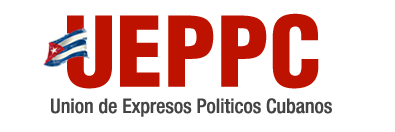
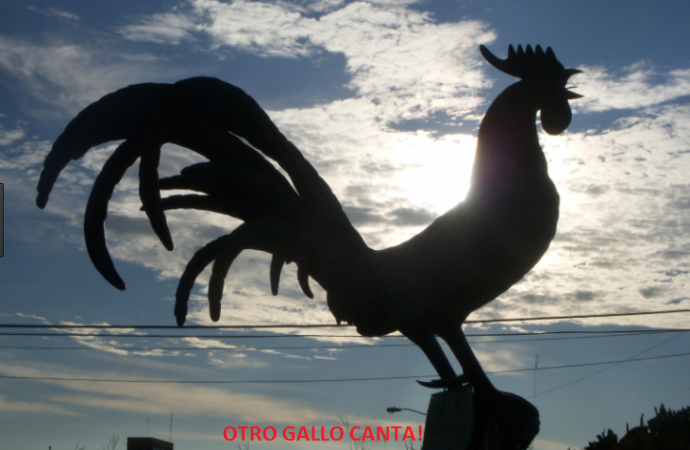
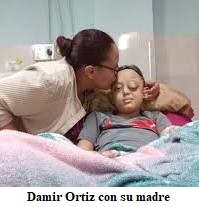
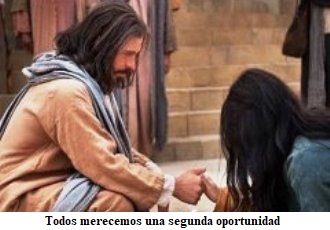
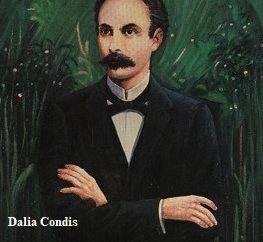
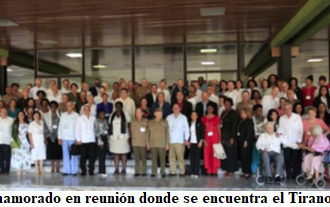
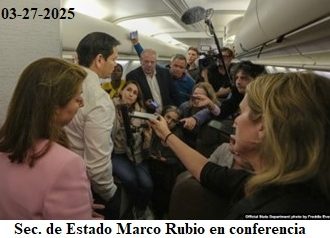
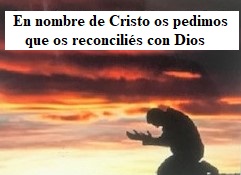
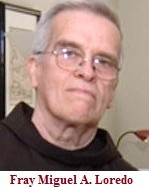
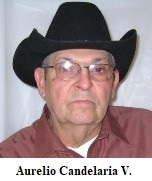


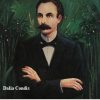
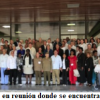
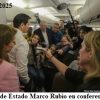
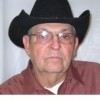
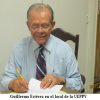

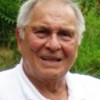
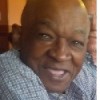
Leave a Comment
Your email address will not be published. Required fields are marked with *